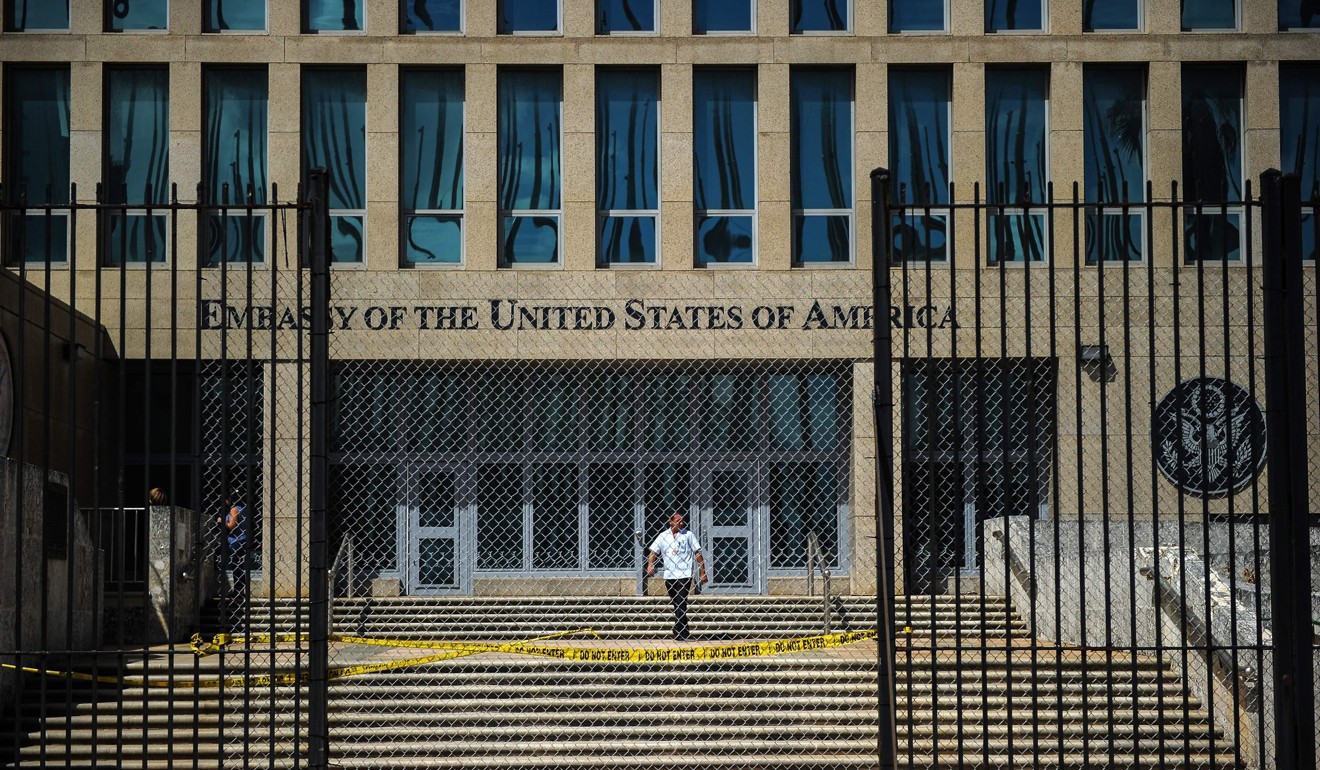
US diplomat Mark Lenzi, who suffered mysterious injury while stationed in China, pledges to donate brain to science
- Security engineer, who believes he was attacked with an energy weapon, was among those evacuated last year from US Consulate in Guangzhou
- He and his wife heard strange noises in their apartment in 2017, later developing symptoms consistent with concussion
A US diplomat who suffered headaches and memory loss under mysterious circumstances while stationed in China has pledged to donate his brain for research.
Mark Lenzi on Friday joined the several thousand others, including many former National Football League (NFL) players, who previously signed agreements to have their brains studied after they die by the CTE Centre at Boston University.

A State Department security engineer, Lenzi was among diplomats evacuated last year from the US Consulate in Guangzhou, China.
Lenzi says he and his wife started hearing strange noises in their apartment in 2017, later developing symptoms consistent with concussion. He believes he was attacked by some sort of energy weapon, though he does not blame China.
China’s foreign ministry said in 2018 that it had found no clues to determine what caused a US government employee to suffer a brain trauma after experiencing unusual sounds.
“China has conducted a very careful investigation and has given preliminary findings to the US, and we haven’t found the reason or clues that led to the situation mentioned by the US,” foreign ministry spokesman Lu Kang said.
The US State Department said the incident resembled the still unexplained injuries that befell US and Canadian diplomats in Cuba in 2017.
Earlier, US officials said more than two dozen US embassy workers in Havana suffered as-yet-unexplained symptoms, including mild traumatic brain injury.
Additional reporting by Agence France-Presse

